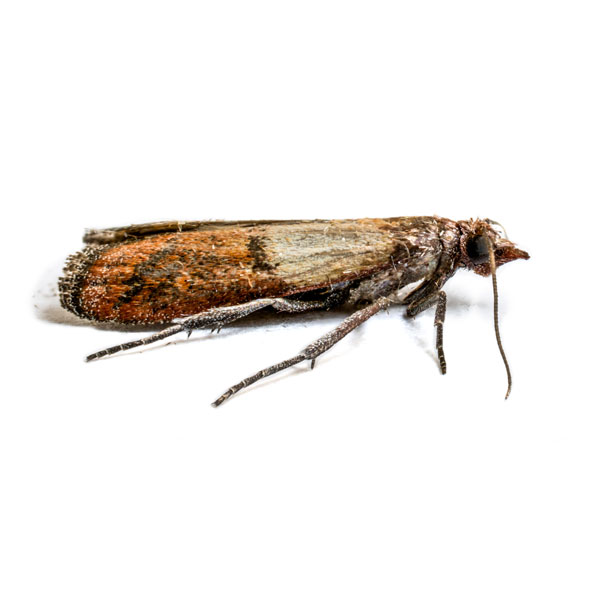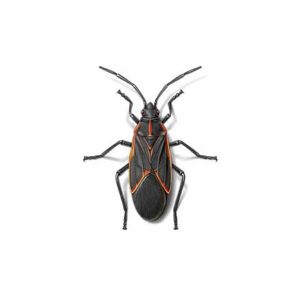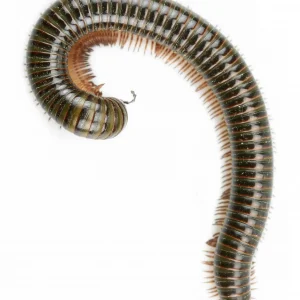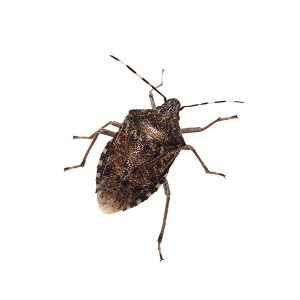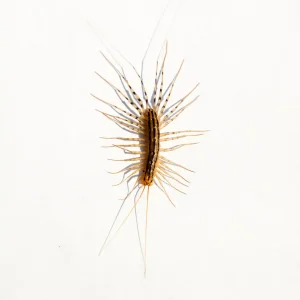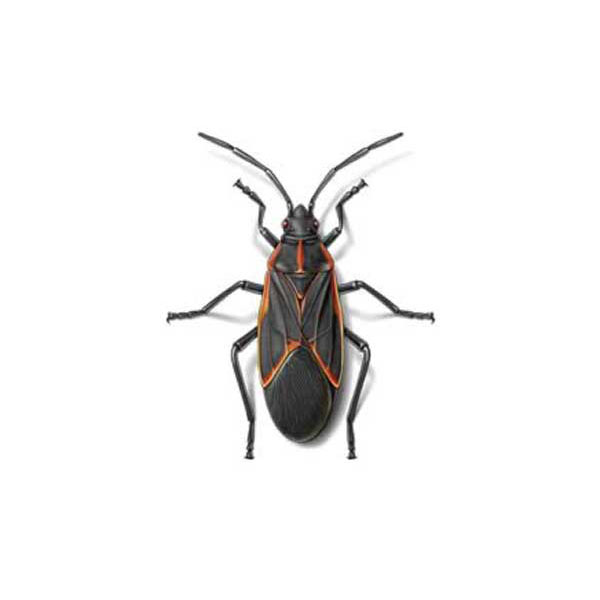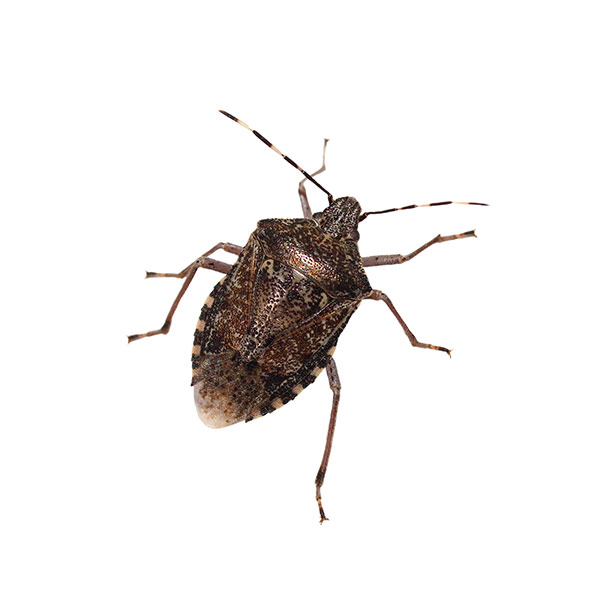Indian Meal Moths in Illinois
The Indian meal moth is a global pest and received its common name because it feeds on the meal made from Indian corn or maize. The Indian meal moth is easy to identify due to its characteristic wing pattern where the rear half of the wings is distinctly copper or bronze-colored. These moths are general feeders upon grain and grain products, dried fruits, seeds, graham crackers, nuts, powdered milk chocolate, and candies. Home infestations can be traced back to nearly any food source but commonly originate in dried pet food or birdseed.
Indian Meal Moth Habitat
The Indian meal moth is the most common food-infesting moth found in homes, grocery stores, and any place where dried pet foods are produced or stored. Adults do not eat, and larvae feed constantly on grain products, spinning large amounts of silken webbing over the food sources. Since it prefers the coarser grades of flour, it is the most common insect found in packages of whole wheat, graham flour, and cornmeal. Nuts are also a common breeding source, especially the nut caches of squirrels in attics and chimneys.
Indian Meal Moth Behaviors, Threats, or Dangers
Though Indian meal moths do not bite or pose any serious health risks, they are a nuisance in the home as they infest grain and stored pantry products. The larvae do considerable damage as they contaminate food and deposit silken webbing on food products. The waste from contamination is greater than the amount of food consumed. Flying adults are a common sign of an infestation. Adults are attracted to light and may move to distant rooms in the house away from the infestation. As a result, they are also commonly mistaken for clothing pests. If an infestation is present in your home, locate and discard all infested material. Contact your local exterminators for help or advice with Indian meal moths!
Need help with Indian Meal Moth control?
We'll call you! Leave your information below.

